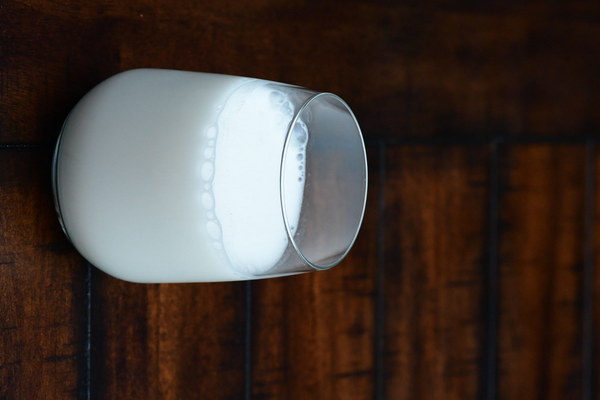Napping for Liver Health Can Power Naps Protect and Nourish Your Liver
Introduction:
In today's fast-paced world, finding time for a quick nap during lunch break can seem like a luxury. However, recent research suggests that a brief power nap might not only rejuvenate your body but also provide significant benefits for your liver health. This article delves into the connection between napping and liver health, exploring whether a midday snooze can indeed protect and nourish your liver.
The Importance of Liver Health:
The liver is a vital organ responsible for filtering toxins from the blood, producing bile to aid digestion, and metabolizing nutrients. Maintaining optimal liver health is crucial to prevent liver diseases such as hepatitis, cirrhosis, and liver cancer. With this in mind, it's essential to explore ways to protect and nourish this vital organ, and napping might just be one of them.
The Role of Sleep in Liver Function:
Sleep plays a critical role in maintaining overall health, including liver function. During sleep, the body undergoes various physiological processes that support liver health. One of the primary functions of sleep is to allow the liver to rest and repair itself. When you sleep, your liver can focus on detoxification and regeneration, which are essential for maintaining optimal liver function.
The Benefits of Napping for Liver Health:
1. Enhanced Detoxification:
A study published in the journal 'Sleep Medicine' found that napping for 20-30 minutes can enhance the liver's ability to detoxify harmful substances. This is because napping allows the liver to perform its detoxifying functions more effectively, reducing the risk of liver disease.
2. Improved Metabolic Function:
Sleep deprivation has been linked to metabolic disorders such as obesity, diabetes, and fatty liver disease. Napping can help counteract the negative effects of sleep deprivation on metabolic function, thereby reducing the risk of liver-related health issues.
3. Reduced Stress:
Chronic stress can lead to the development of liver disease. Napping during the day can help reduce stress levels, as it allows the body to relax and unwind. This can help protect the liver from the harmful effects of stress.

4. Better Immune Function:
A strong immune system is crucial for preventing infections, including hepatitis. Napping can boost the immune system by promoting the production of immune cells. This can help protect the liver from infections that could lead to liver disease.
5. Improved Cognitive Function:
Sleep deprivation has been associated with cognitive impairments, which can impact decision-making and lifestyle choices. Napping can help improve cognitive function, enabling you to make healthier choices regarding your diet, exercise, and overall well-being, which can positively affect liver health.
How to Nap for Optimal Liver Health:
To reap the benefits of napping for liver health, consider the following tips:
1. Choose the Right Time:
The best time to nap is during the mid-afternoon, around 1-3 PM. This time slot corresponds to the body's natural dip in energy levels and can help you wake up feeling refreshed.
2. Keep It Short:
A power nap should last between 20-30 minutes. Longer naps may leave you feeling groggy and disoriented.
3. Create a Restful Environment:
Find a quiet, dark, and comfortable place to nap. This will help your body relax and improve the quality of your sleep.
4. Avoid Napping Too Close to Bedtime:
Napping too close to bedtime can interfere with your ability to sleep well at night. Make sure to nap at least 4-5 hours before going to bed.
Conclusion:
In conclusion, napping can indeed play a significant role in protecting and nourishing your liver. By enhancing detoxification, improving metabolic function, reducing stress, and boosting immune function, a midday snooze can help keep your liver healthy. Incorporating short power naps into your daily routine may be a simple yet effective way to support your liver health and overall well-being.









